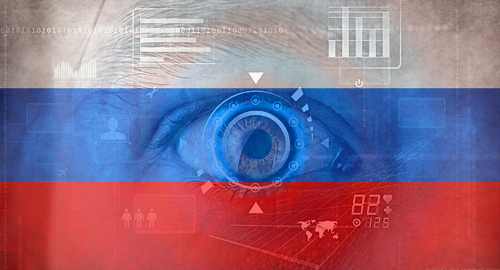 Russia has approved a new banking law that could help simplify how punters register with Russian-licensed online sports betting sites, although privacy advocates are preaching caution.
Russia has approved a new banking law that could help simplify how punters register with Russian-licensed online sports betting sites, although privacy advocates are preaching caution.
On Wednesday, Russia’s Duma approved Law No. 157752-7, which deals with the mechanics of interactive remote authentication and identification of banking customers. The law, which was introduced this spring, requires customers to submit biometric data – face, eye and voice scans, etc. – that will be stored in a centralized database for use in remote transactions.
The growth of Russia’s nascent regulated online sports betting market has been hindered in part by an overly cumbersome registration process, which requires punters to first register online with a bookmaker, then register a second time with a centralized payment hub (known as TSUPIS), then physically present proof of identification at a designated retail outlet.
For an idea of how big an impediment this process this prove, consider that the new Bwin.ru betting site reportedly pre-registered 15k prospective customers prior to its launch last month, but only one-third of these had actually gone through the whole registration process necessary to place a bet with Bwin.ru.
The hope is that use of the banks’ new Unified Identification and Authentication System (ESIA) might allow bettors to complete the entire registration process online without having to venture out into the cold, and thereby encourage Russia’s more supine sports fans to sign on.
There is, of course, a down side to this personal data collection. The new law allows the entity overseeing management of the ESIA to share data with both the Ministry of Internal Affairs and the Federal Security Service (the FSB, the KGB’s modern-day stand-in), so punters wanted for robbing 7-11s or attending any anti-Putin rallies may not feel comfortable submitting their personal data, although betting online would really help kill time waiting to get out of Siberia.